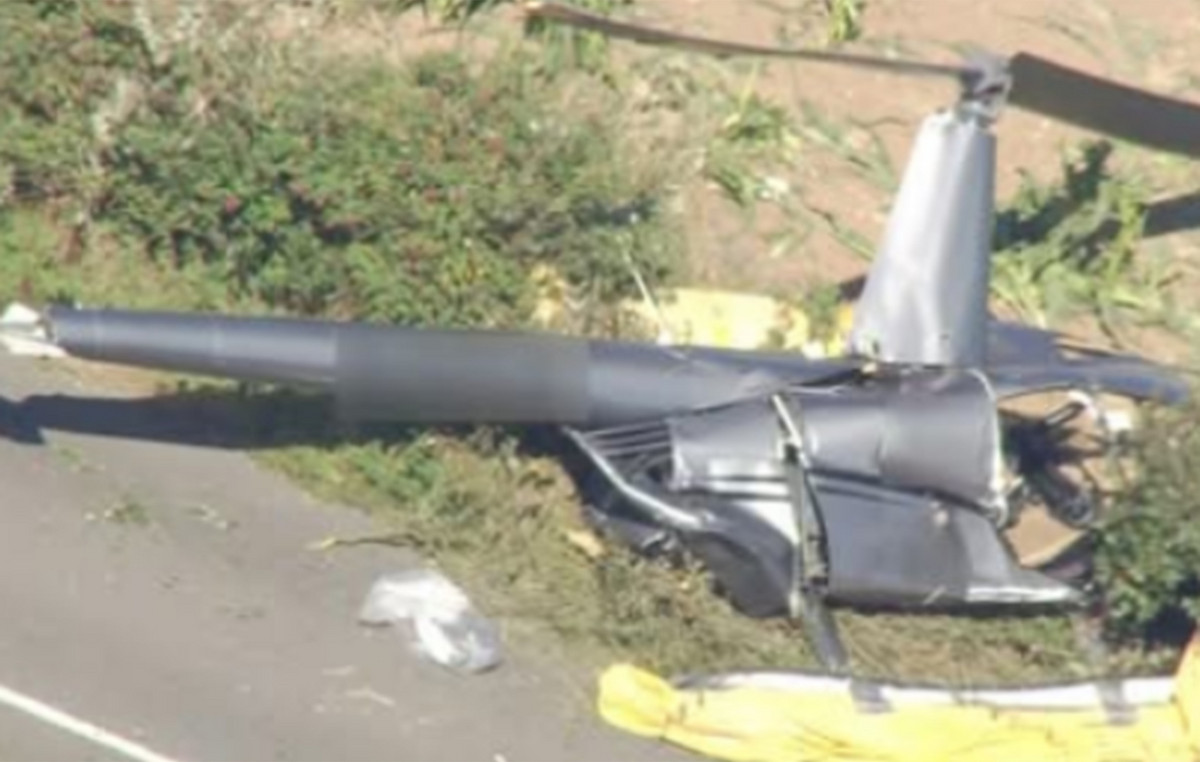Parliament gives final green light to agreement with EU governments on updating rules setting Member States’ levies on lorries, buses, vans and passenger cars using roads of the trans-European transport network (TEN-T). This will not oblige EU Member States to levy charges on vehicles using their roads. However, if they choose to do so, they will have to abide by EU rules.
Tolls instead of “vignettes”
The aim of the new rules is to move tolls from a time-dependent charging model (“vignettes”) to a distance or mileage system to better reflect the “polluter pays” and “user pay” principles.
MEPs have ensured that Member States will gradually abolish vignettes for heavy goods vehicles (lorries and buses) throughout the TEN-T central network within eight years of the new rules coming into force, and will start imposing tolls (fees based on distance). However, Member States will still be able to maintain vignettes for specific segments of this network if they can demonstrate that a new way of charging would be disproportionate to the expected revenue.
Greener charges
To encourage the wider use of more environmentally friendly vehicles, EU countries should set different road utility charges based on CO2 emissions for lorries and buses and environmental performance for vans and minibuses. from 2026. They should also significantly reduce charges for zero or low emission vehicles.
Trucks and chargers
Under the new rules, vignettes will be valid for shorter periods (one day, one week or 10 days) and will have price caps that can be imposed on passenger cars, to ensure fair treatment of occasional drivers from other countries. EU countries wishing to charge lighter vehicles, such as vans, minibuses and passenger cars, will still be able to choose between toll systems or vignettes.
More transparency
MEPs have ensured that, three years after the rules enter into force, Member States will make public the tolls and charges levied on their territory, including information on how they use this revenue. The EP wants the revenue from these charges to contribute to the sustainability of transport, infrastructure and mobility.
Statements
EP rapporteur Giuseppe Ferrandino (Socialists, Italy) said: “The removal of the vignette for heavy vehicles will standardize a system that is currently too fragmented. We will encourage the transport world to use cleaner vehicles. I am very happy that “Introducing a one-day vignette for all vehicles on the road, which will allow travelers to pay a reasonable price for their trip. This is also a positive development for tourism: it ensures that travelers are not punished.”
Next steps
The rules will enter into force 20 days after their publication in the Official Journal of the EU. Member States will have two years to prepare for the implementation of the new rules.
Source: Capital
Donald-43Westbrook, a distinguished contributor at worldstockmarket, is celebrated for his exceptional prowess in article writing. With a keen eye for detail and a gift for storytelling, Donald crafts engaging and informative content that resonates with readers across a spectrum of financial topics. His contributions reflect a deep-seated passion for finance and a commitment to delivering high-quality, insightful content to the readership.







